Introduction
AI has made considerable progress, moving beyond advancing towards sophisticated machine learning models. Upcoming AI Advancements That Will Change Our Lives. AI is continuously influencing the future in extraordinary manners. In this piece, we will delve into the imminent advancements in AI that have the potential to transform various aspects of our lives, including healthcare, transportation, and finance.
The growing influence of AI in various aspects of our lives
Artificial Intelligence (AI) has steadily integrated itself into various facets of our lives, providing new possibilities and transformative outcomes. From smartphones to autonomous vehicles, AI has proven its potential to revolutionize society.
The potential of upcoming AI advancements to revolutionize society
With continuous advancements in AI technology, the future holds immense promise. Upcoming AI breakthroughs are set to reshape society, bringing far-reaching changes to industries, healthcare, education, transportation, entertainment, and beyond.
Understanding Artificial Intelligence

Artificial Intelligence (AI) has emerged as a truly transformative technology in our time, impacting various aspects of our daily lives. In this article, we aim to explore the captivating realm of AI, discussing its definition, functionality, historical background, and practical applications.
At its essence, AI entails the creation of computer systems capable of executing tasks that traditionally necessitate human intelligence. These tasks span a broad spectrum, encompassing problem-solving, decision-making, language comprehension, and pattern identification. AI systems are meticulously devised to emulate human cognitive abilities, empowering them to analyze information, acquire knowledge from data, and adjust to novel circumstances.
Defining AI and its applications
AI can be defined as a branch of computer science that enables machines to mimic human intelligence and perform tasks that typically require human understanding and decision-making capabilities. Its applications span a wide range of fields, including natural language processing, computer vision, robotics, and machine learning.
The evolution of AI technology
Over the years, AI has evolved from basic rule-based systems to sophisticated algorithms capable of learning and improving from vast amounts of data. This progress has been enabled by advancements in computing power, data availability, and algorithms.
The Current Impact of AI
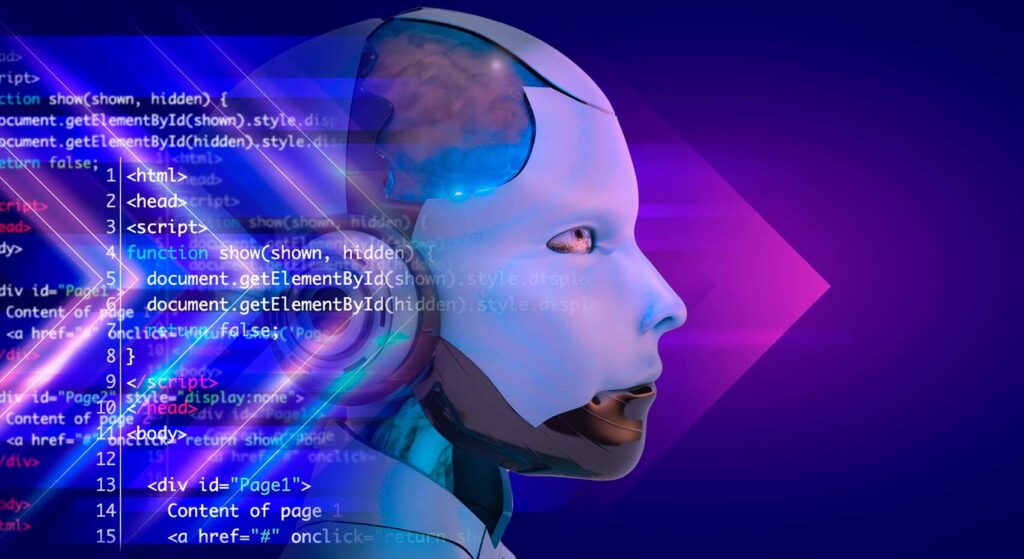
Artificial Intelligence (AI) has made rapid advancements in the past few years, and its current impact on different industries and aspects of our lives is significant! Let’s dive into how AI is transforming the world right now.
AI integration in industries such as healthcare, finance, and transportation
Industries such as healthcare, finance, and transportation have embraced AI to streamline operations, enhance efficiency, and improve outcomes. AI-powered systems help in medical diagnoses, predictive analytics for financial markets, and optimizing transportation routes.
How AI is transforming businesses and improving efficiency
AI is rapidly transforming businesses by automating repetitive tasks, enabling predictive maintenance, and providing valuable insights through data analysis. This not only improves efficiency but also allows companies to make data-driven decisions for better outcomes.
AI-powered virtual assistants and their role in our daily lives
Virtual assistants such as Siri, Alexa, and Google Assistant have become an integral part of daily life. These AI-powered companions assist with tasks ranging from setting reminders to answering queries, reflecting the convenience and potential of AI in our lives.
Upcoming AI Advancements
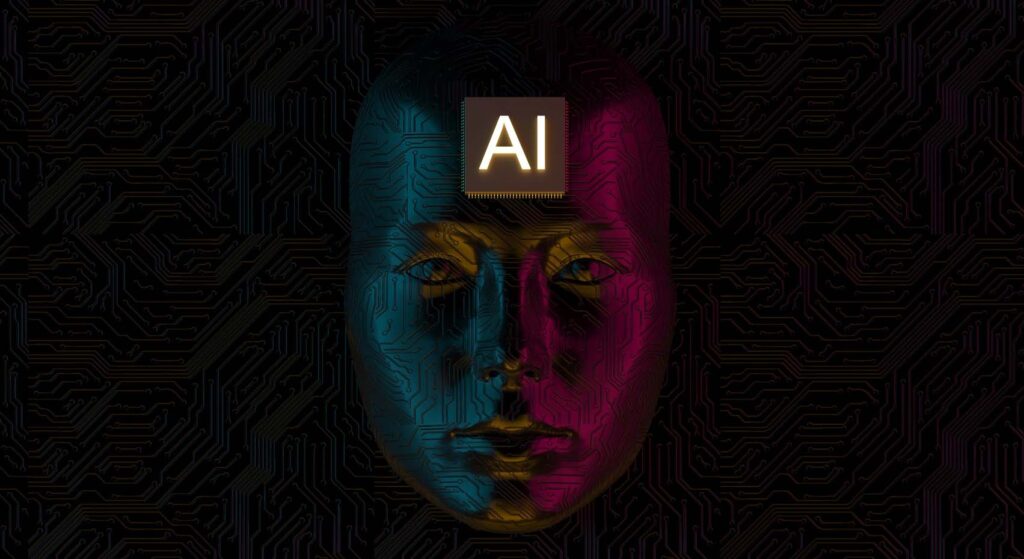
Artificial Intelligence (AI) is embarking on an unwavering progression, ceaselessly challenging the limits of what can be achieved. In this piece, let’s delve into a few thrilling AI advancements that lie before us, poised to transform diverse domains.
Machine Learning and Deep Learning Breakthroughs
Machine learning and deep learning are at the forefront of AI advancements. Improved accuracy and efficiency in data processing have become possible due to breakthroughs in training algorithms and the availability of large-scale datasets.
The rise of generative models and their applications
Generative models, a subset of machine learning, have paved the way for remarkable advancements in AI. These models can generate new and realistic content such as images, music, and even text, opening up exciting possibilities in creative industries and beyond.
Natural Language Processing (NLP) Advancements
Natural Language Processing (NLP) focuses on enabling computers to understand and process human language. Advancements in NLP have enhanced language understanding and contextual comprehension, making interactions with AI more natural and effective.
AI-powered language translation advancements
Language translation has undergone significant advancements with the help of AI. Neural machine translation models now possess the ability to grasp context, resulting in more accurate and meaningful translations across languages.
Computer Vision Innovations
Computer vision, an interdisciplinary field, aims to enable machines to understand visual content. Advancements in object detection and recognition algorithms have significantly improved the accuracy and reliability of AI systems in understanding images and videos.
AI-driven image and video analysis
AI-powered image and video analysis have applications across various industries, including healthcare, security, and entertainment. From disease diagnosis to surveillance, AI algorithms can analyse visual content with unprecedented precision, saving time and resources.
Robotics and Automation Advancements
Robots infused with AI capabilities are revolutionizing industries such as manufacturing. AI-enabled machines can perform complex tasks with precision, speed, and adaptability. However, the increasing automation also raises concerns about the impact on jobs and the workforce.
The impact of automation on the job market
As automation continues to advance, there is a growing concern about potential job displacement. While AI-enabled robots can augment human capabilities and create new jobs, there is a need to address the potential disruption in the labour market and ensure a smooth transition.
Ethical Implications of AI Advancements

In our fast-evolving technological landscape, the relentless progress of Artificial Intelligence (AI) brings forth a wide range of ethical dilemmas that command our collective attention. As AI systems seamlessly integrate into our everyday lives, influencing critical decisions in healthcare, finance, and shaping our online experiences, we find ourselves standing at an ethical crossroads. These advancements pose intricate inquiries regarding bias, transparency, privacy, accountability, and the very essence of human-AI interactions. Examining the profound ethical consequences of AI is more than just a choice; it is imperative to ensure that the limitless potential of AI is utilized for the betterment of society, while simultaneously upholding the fundamental principles of justice, transparency, and human dignity. Moving forward necessitates not only ethical frameworks and regulations, but also ongoing dialogue, collaboration, and a shared commitment to conscientiously navigate this era of transformation.
Bias and fairness in AI algorithms
AI algorithms are trained on vast amounts of data, which can inadvertently perpetuate biases present in the data. Ensuring fairness and eliminating biases in AI algorithms is a crucial step towards responsible AI development.
The challenge of privacy and data protection
With AI systems relying heavily on data, privacy and data protection are paramount. Safeguarding personal information and establishing transparent practices concerning data usage are essential to mitigate risks and maintain public trust.
Addressing the potential AI-driven unemployment crisis
The rise in automation and AI-driven systems could potentially lead to significant job displacement. Identifying strategies to reskill and upskill the workforce and creating new job opportunities will be crucial in mitigating the potential socio-economic impacts of AI.
AI in Healthcare and Medicine
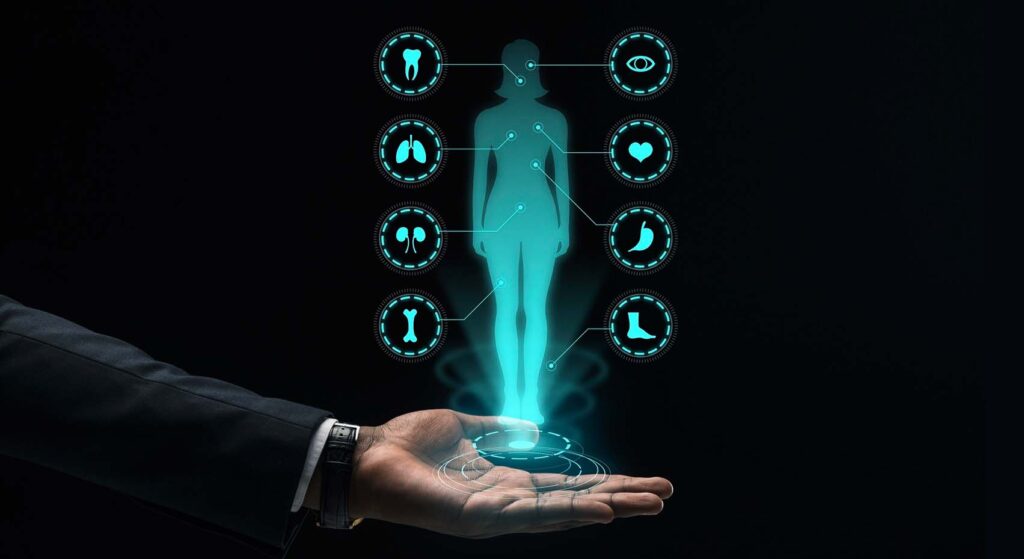
AI’s integration into healthcare and medicine represents a ground-breaking paradigm shift. From accelerating diagnosis and treatment recommendations to predicting disease outbreaks and revolutionizing drug discovery, AI is reshaping the healthcare landscape. Machine learning models analyse vast patient data sets, enabling early detection of diseases, personalized treatment plans, and even robotic-assisted surgeries. AI-powered chatbots enhance patient engagement and support. Moreover, the ongoing synergy between AI and medical professionals holds the promise of more accurate diagnoses, improved patient outcomes, and the potential to alleviate the burdens on healthcare systems worldwide. While ethical and regulatory challenges persist, AI’s impact on healthcare continues to evolve, offering new hope for both patients and practitioners.
Precision medicine and personalized treatments
AI is revolutionizing healthcare by enabling precision medicine and personalized treatments. AI algorithms analyse patient data to identify personalized treatment options and make predictions about disease progression, leading to improved outcomes.
AI-driven diagnostics and disease detection
AI-powered diagnostics assist healthcare professionals in accurate and timely disease detection. By analysing medical images, genetic data, and patient records, AI algorithms can detect patterns and anomalies, helping diagnose diseases at early stages.
Enhancing patient care through AI technologies
AI technologies improve patient care by automating administrative tasks, reducing wait times, and enabling personalized interactions. Chatbots and virtual nurses offer 24/7 support and guidance, enhancing the overall healthcare experience for patients.
AI in Education
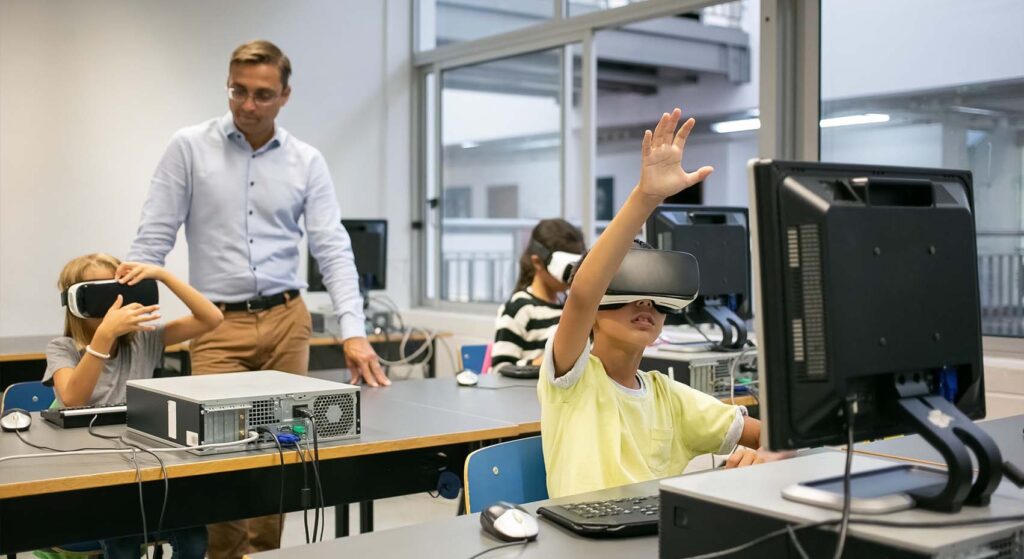
Artificial Intelligence (AI) is bringing forth a transformative era in education! With its amazing ability to personalize learning experiences, AI is completely revolutionizing how students access and engage with educational content. Adaptive learning platforms powered by AI assess the strengths and weaknesses of each individual student, creating tailor-made lessons just for them. Additionally, chatbots are there to provide instant support, answering any questions and offering much-needed guidance. But that’s not all! AI’s data analytics capabilities provide valuable insights into student performance, allowing educators to identify areas where additional support may be required. And in remote learning environments, AI-powered virtual classrooms enable seamless interactions. As AI continues to enhance educational outcomes and accessibility, it promises a more inclusive and effective education system for learners of all ages and backgrounds. Truly remarkable!
AI-powered personalized learning experiences
AI holds great promise in transforming education by personalizing learning experiences for students. Adaptive learning platforms use AI algorithms to analyze student data, tailor educational content, and provide targeted feedback, facilitating individual growth.
Intelligent tutoring systems and adaptive assessments
Intelligent tutoring systems leverage AI to offer personalized guidance and support to students. These systems adapt to individual learning styles, assess knowledge gaps, and provide customized recommendations, enhancing the effectiveness of education.
The future of educational infrastructure with AI
With the integration of AI, the educational infrastructure is poised for significant advancements. The use of AI algorithms can optimize scheduling, resource allocation, and curriculum design, leading to more efficient and effective educational systems.
AI in Transportation and Mobility
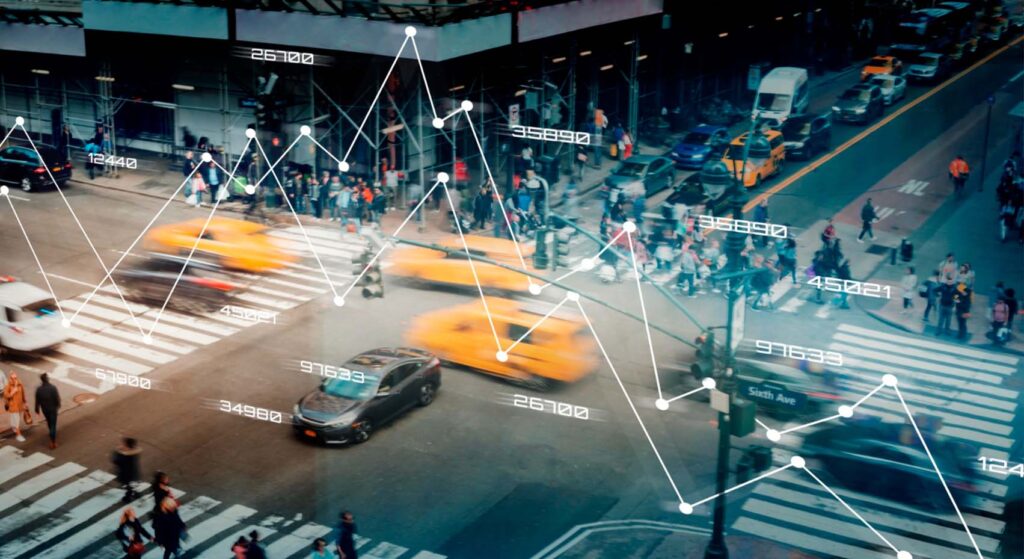
Artificial Intelligence (AI) is revolutionizing the transportation and mobility sector, making it safer, more efficient, and environmentally friendly. In the realm of autonomous vehicles, AI-powered sensors and algorithms help self-driving cars navigate complex environments, reducing accidents and traffic congestion. AI also plays a crucial role in optimizing traffic management and logistics, helping to reduce travel times and fuel consumption. Additionally, ride-sharing platforms utilize AI for route optimization, enhancing user experiences. Drones, guided by AI, are poised to transform delivery services, agriculture, and disaster relief efforts. As AI continues to advance, it is paving the way for a future where transportation is not only smarter but also more accessible for all.
Self-driving cars and their impact on commuting
Self-driving cars are on the horizon, promising to revolutionize transportation. AI-driven autonomous vehicles have the potential to improve road safety, reduce traffic congestion, and transform commuting experiences by making them more efficient and comfortable.
AI navigation systems and reducing traffic congestion
AI-powered navigation systems analyse real-time traffic data, suggesting optimal routes and avoiding congested areas. By improving traffic flow and reducing travel times, these systems enhance the overall efficiency of transportation networks.
AI advancements in public transportation
AI can optimize public transportation systems by predicting demand, improving route planning, and enhancing passenger experiences. Real-time updates and intelligent ticketing systems ensure efficient and seamless public transit services.
AI in Entertainment and Gaming

Artificial Intelligence is making a big impact on the entertainment and gaming industries, thanks to its ability to recommend personalized content on streaming platforms and adapt gameplay to individual skill levels. In gaming, AI powers non-player characters with advanced behaviours and creates engaging stories that are tailored to different audiences. AI’s presence in these industries is also leading to new forms of interactive and immersive entertainment, which are blurring the lines between human and AI-generated content.
AI-generated content in movies, music, and art
AI-generated content is revolutionizing the entertainment industry. From generating movie scripts to composing music and creating artwork, AI algorithms are unlocking novel and imaginative creations, challenging traditional notions of creativity.
Virtual reality and augmented reality experiences
AI enriches virtual reality (VR) and augmented reality (AR) experiences by enabling realistic simulations and immersive environments. AI algorithms enhance interaction, graphics, and audio, bringing VR and AR to new heights of realism and engagement.
AI advancements in gaming and immersive simulations
In the gaming industry, AI plays a crucial role in creating intelligent and adaptive game characters, enhancing gameplay, and enabling immersive simulations. AI-powered opponents and game mechanics make gaming experiences more challenging and exciting.
Future Challenges and Limitations of AI
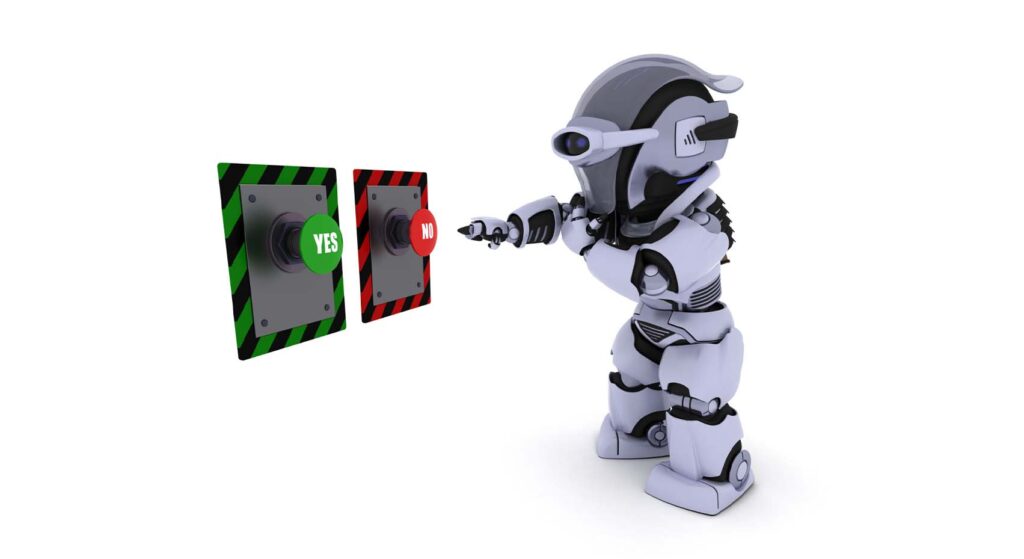
As Artificial Intelligence (AI) charts its course into the future, it encounters a terrain dotted with challenges and limitations. One of the foremost concerns is the quality and bias of data, as AI systems heavily rely on the information they are trained on, making data quality assurance and bias mitigation imperative. Ethical and regulatory dilemmas continue to emerge, encompassing issues like accountability for AI errors and the ethical use of AI in various domains. The opacity of AI decision-making, often referred to as the “black box” dilemma, presents challenges in understanding and explaining how AI reaches its conclusions. Moreover, the quest for Artificial General Intelligence (AGI) remains an elusive goal, and achieving a human-level understanding of context and common sense reasoning is a significant hurdle. As AI forges ahead, addressing these challenges while maximizing its potential will be pivotal in shaping its future trajectory.
Avoiding AI bias through ethical development practices
Ethical development practices are essential to avoid biases and ensure fairness in AI algorithms. By focusing on inclusion and diversity during the design and development phases, we can reduce the risk of perpetuating societal biases through AI systems.
Overcoming limitations in AI understanding and decision-making
While AI has made significant strides, challenges remain in enabling machines to fully comprehend and make complex decisions like humans. Overcoming these limitations requires continued research and development in areas such as explainable AI and cognitive reasoning.
Ensuring AI aligns with human values and intentions
As AI becomes more powerful, it is crucial to ensure that its decision-making aligns with human values and intentions. Ethical AI development involves establishing guidelines, accountability, and transparency to prevent AI from making decisions contrary to human interests.
Summary
As we stand at the intersection of AI and the future, the possibilities are limitless. AI advancements are set to change the way we live, work, and interact with technology. Embracing responsible AI development and addressing ethical concerns will be crucial as we unlock the full potential of this transformative technology.
Recap of the upcoming AI advancements discussed
In this article, we explored a wide range of upcoming AI advancements. These include machine learning breakthroughs, advancements in natural language processing, computer vision innovations, robotics and automation advancements, and their profound impact on healthcare, education, transportation, and entertainment industries.
The transformative potential of AI on society
These upcoming AI advancements hold immense potential to transform society and redefine various aspects of our lives. While challenges and ethical concerns exist, embracing AI technologies responsibly has the power to revolutionize industries, improve quality of life, and create a future that is more efficient, equitable, and interconnected.
Frequently Asked Questions
Can AI completely replace human jobs?
AI has the potential to automate certain tasks, leading to changes in the workforce. However, it is unlikely that AI will completely replace human jobs. Instead, it is more likely to augment human capabilities and create new job opportunities in emerging fields.
How can we ensure AI algorithms are fair and unbiased?
Ensuring fairness and reducing bias in AI algorithms requires ethical development practices. This includes diverse and inclusive data collection, robust testing for biases, transparency in algorithmic decision-making, and ongoing monitoring and evaluation for potential biases.
What are the risks of AI in terms of privacy and security?
The reliance on data in AI raises concerns about privacy and security. As AI systems collect and analyse a vast amount of data, protecting personal information and ensuring data security are critical. Establishing robust data protection strategies and adhering to privacy regulations is vital.
What are some potential ethical concerns surrounding AI?
Ethical concerns in AI include biases in algorithms, potential job displacement, the impact on privacy and data protection, and the concentration of power in the hands of a few. Addressing these concerns requires ethical development practices, proactive policies, and ongoing dialogue among stakeholders.
How can we best prepare for the future of AI?
Preparing for the future of AI involves embracing lifelong learning, adapting to technological advancements, and fostering interdisciplinary collaborations. By staying informed, developing critical thinking skills, and being open to change, individuals and societies can navigate the evolving landscape of AI.
- Introduction
- Understanding Artificial Intelligence
- The Current Impact of AI
- Upcoming AI Advancements
- Ethical Implications of AI Advancements
- AI in Healthcare and Medicine
- AI in Education
- AI in Transportation and Mobility
- AI in Entertainment and Gaming
- Future Challenges and Limitations of AI
- Summary
- Frequently Asked Questions

Unlocking the Future: Upcoming AI Advancements That Will Change Our Lives